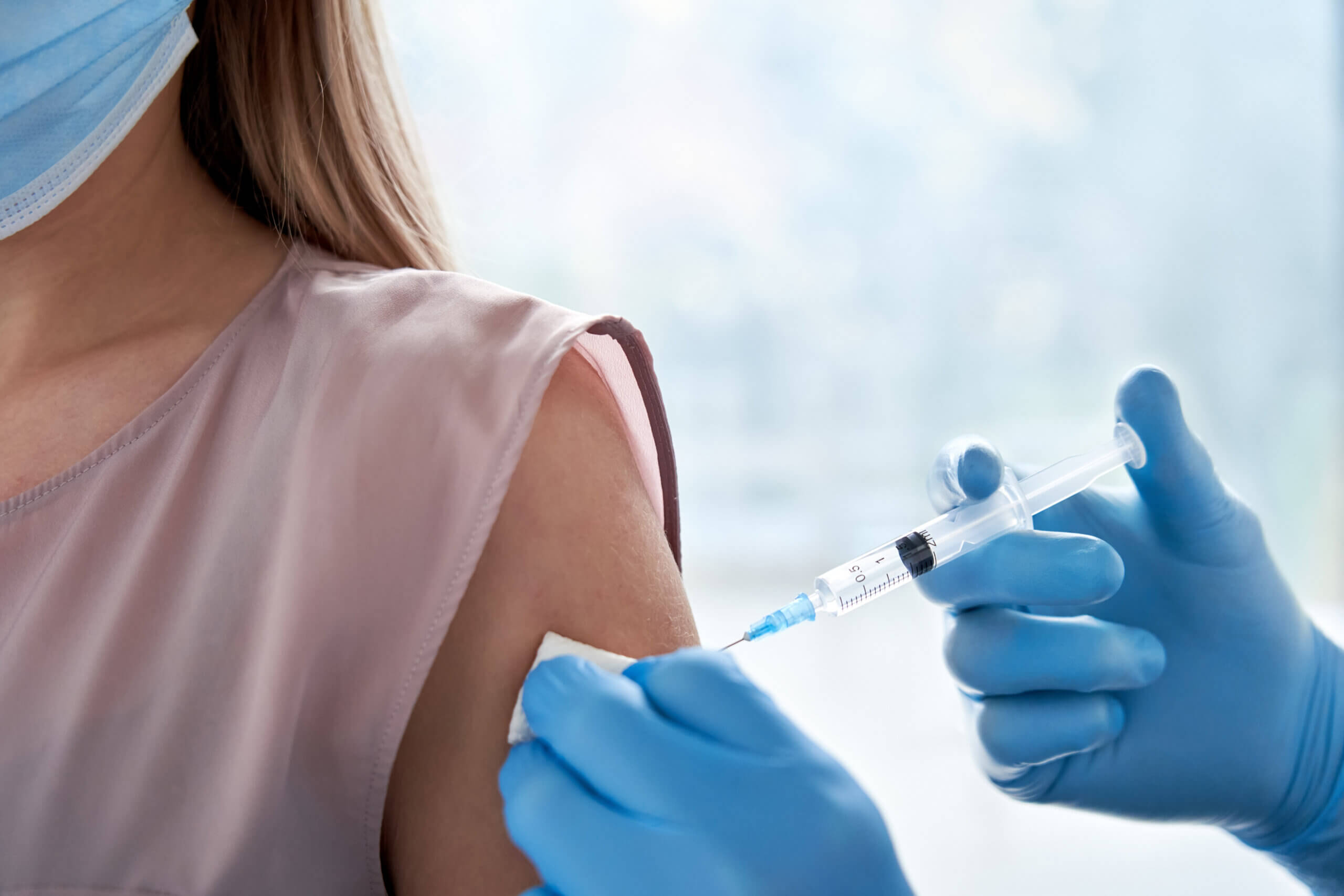
While the history of vaccines can be traced back to 15th century China, it wasn’t until the 18th century that a more sophisticated approach to vaccines was explored when Edward Jenner developed the first successful vaccination to prevent smallpox in 1796. In the 226 years since, vaccination technology has continued to evolve and advance, now allowing inoculation against illnesses previously considered common and near unavoidable.
Contemporarily, the COVID-19 vaccine rollout has been one of the fastest in global history, a feat that relied on decades of prior research, innumerous scientists, public health experts, frontline workers—and plastics. This integral material is crucial for the development and distribution of vital vaccines around the world, including and beyond COVID-19.
When researchers develop vaccines to tackle complex diseases, a common material in their labs is plastic because it is hygienic, versatile, and durable. For example, unlike typical household plastic bags, medical grade sterile plastic bags or “growbags” are purpose-made for vaccine production, and its durability makes it the ideal material. These growbags are used to grow vaccine cells inside large vessels called bioreactors, and are so vital to development that a shortage of these large sterile plastic bags threatened to slow down the COVID-19 vaccine rollout. Lastly, plastics are also a useful material for lab equipment when developing life-saving vaccines.
Pfizer, for example, uses small plastic trays to hold filled COVID-19 vaccine vials. These plastic trays hold 195 vials each and are bundled into stacks and put into an industrial freezer to ensure the vaccine reaches a certain temperature for long-term storage and testing. At BioNTech, the COVID-19 vaccination development process occurs in a hermetically sealed system, with the products from each stage transported to the next via transparent plastic tubing.
Separately, researchers are also exploring the possibility of using biodegradable polymer particles for modern vaccine development. Traditionally, vaccines are composed of a whole pathogen or its parts, which can prove ineffective or harmful as researchers try to develop a vaccine that is both potent and safe. Enter polymer-based vaccines—synthetic and natural polymers increase vaccine safety and efficacy and serve as vaccine carriers by absorbing the antigens necessary for the body to induce an immune response. Accordingly, polymer-based vaccines are increasingly preferred because they’re more economical, allow for customized vaccine delivery and single-dosage, and are proving effective for immunizing against and providing therapeutic treatment for Influenza, Cancer, HIV, HPV and Malaria.
Plastics are critical to not only the process of manufacturing vaccines, but also storage, transportation, and administration. Expanded polystyrene (EPS)—more commonly known by the brand name Styrofoam plays a crucial role in distributing the COVID-19 vaccine. To help the vaccines stay cool and safe as they reach patients, insulated EPS foam coolers and impact-resistant padding are used to protect the glass vials and maintain the vaccine efficacy at extreme temperatures for packaging and shipping. Without materials like EPS Foam, which face threats of bans across the United States, many lifesaving doses of the coronavirus vaccine would not have reached patients safely.
The COVID-19 pandemic has also served to remind many just how necessary it is that the world is vaccinated against harmful illnesses. Underscoring how crucial it is that developed nations work to immunize their developing neighbors that may not have access or the resources necessary to acquire critical vaccinations, U.S. Secretary of State Antony Blinken tweeted, “health security is national security.” Essentially, disease has no borders and to fully eradicate it, immunity is a necessity.
To counter the problem of supply, cost and equity for the COVID-19 vaccine in Africa, the Senegal-based Institut Pasteur de Dakar (IPD) recently announced it would manufacture up to 300 million vaccine doses per year packaged in plastic pouches instead of glass vials. This innovative approach helps countries overcome the challenge of cost and ease-of-transportation, while enabling wide-scale vaccination efforts on the African continent, where vaccination rates lag behind other areas of the world. These sterile plastic pouches are smaller and lighter than glass vials, which helps to reduce the cost and carbon footprint of the cold chain.
At every stage of the vaccine lifecycle from manufacturing, transporting, and administering— plastics is present and will continue to play a role in immunization, an important facet of modern human health and vital to the eradication of disease.